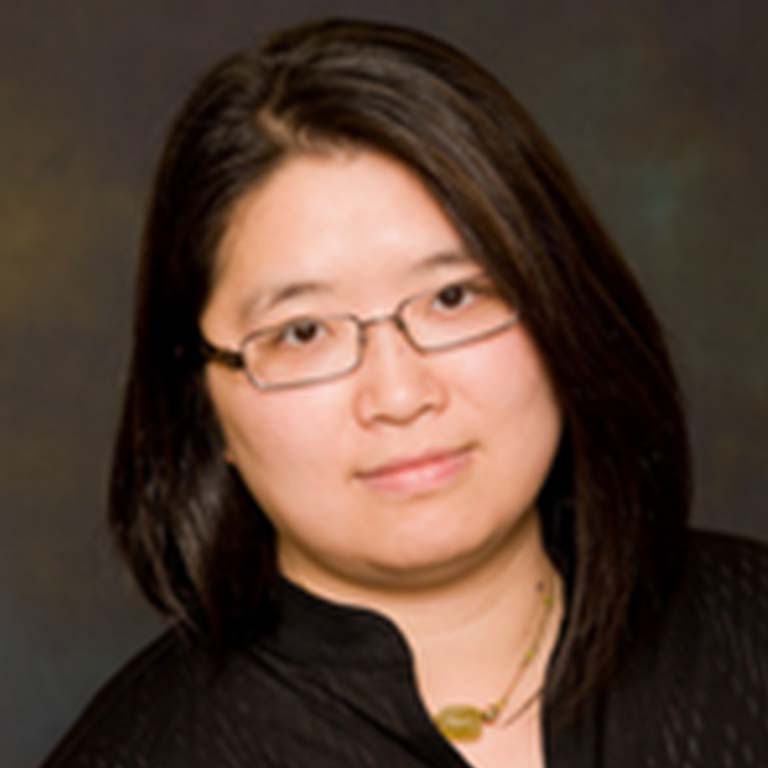- Director Funded Postdoctoral Fellow, Los Alamos National Laboratory, 2002-2005
- Ph.D., Princeton University, 2002
- B.S., National Taiwan University, 1997

Chen-Yu Liu
Adjunct Physics

Adjunct Physics
nuclear physics (experimental)
My research group focuses primarily on experimental tests of fundamental symmetries. Other than using high energy colliders to directly create new particles, we search for the footprints of exotic particles in low temperature, low energy systems. These searches look for the parity violating, CP violating, or time reversal violating features in the systems of interest.
Currently, we concentrate on two areas of low-energy particle physics. The first is the development of ultra-cold neutron (UCN) sources for fundamental physics experiments, the other is a search for the electric dipole moment (EDM) of the electron in solid state system and EDM of the neutron.
UCN is a new tool available only in the past two decades. UCN can be trapped in material bottles or magnetic traps, and allows for precision measurements on various observables of neutrons. UCN has been applied to high precision measurements on the beta-decay lifetime, decay asymmetries, and the search for its intrinsic EDM. In light of these potentials, our group is developing the next generation of UCN source using the magnetic scattering in low temperature solid oxygen. We plan to build a university based UCN source coupled to the low energy neutron source (LENS) which is in operation at IUCF.
The search of EDM has a high discovery potential to shed lights into the sources of CP violation required to produce the matter-antimatter asymmetry of the universe. We are pursuing the search of EDM of electron using a solid-state system at sub-Kelvin temperatures. The experiment is designed to measure a Stark induced magnetization (through EDM interaction) using state-of-the-art SQUID magnetometry. A (cryogen-free) dilution refrigerator will be used to further enhance the sensitivity of EDM at low temperatures. We are also doing research and development for the SNS neutron EDM experiment, especially in the subsystem involving the SQUID magnetometers.